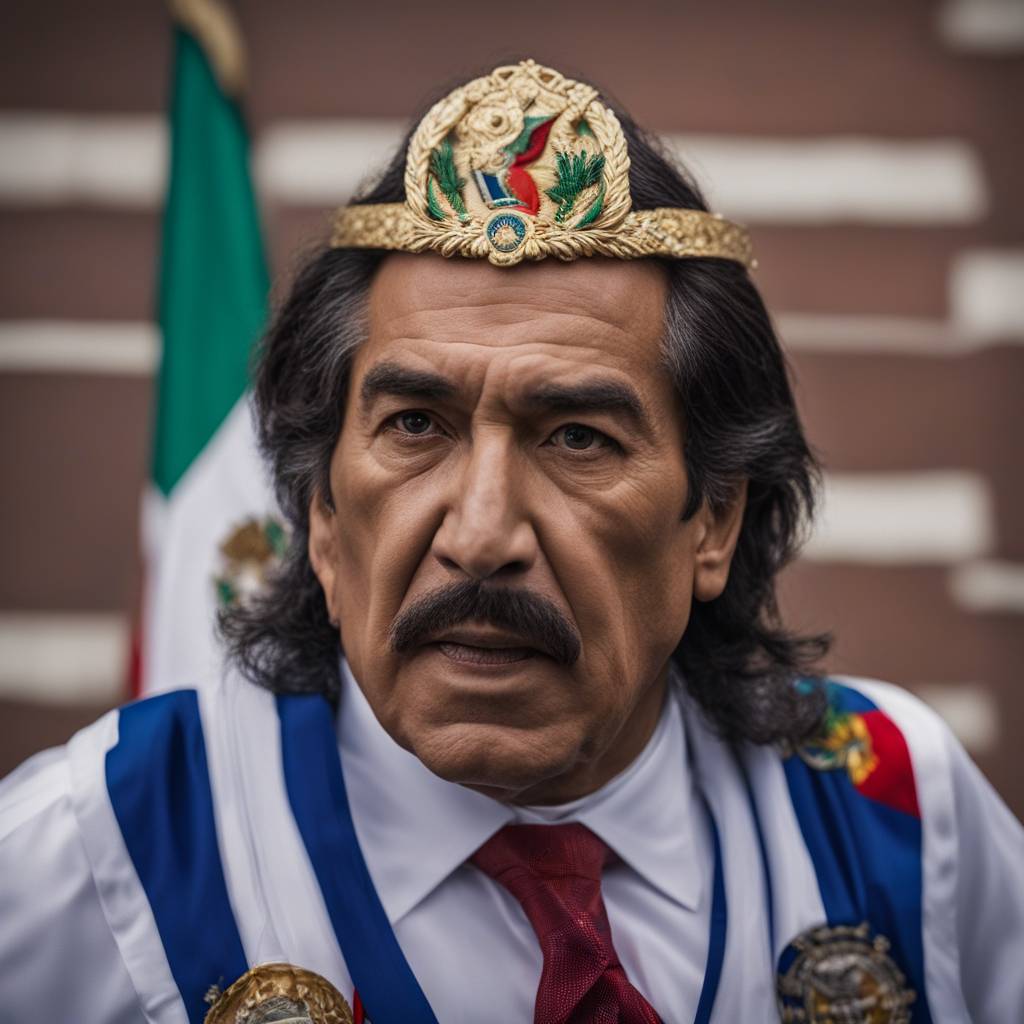Former Ecuadorean vice president Jorge Glas was found in a deep self-induced coma in jail after being captured by police in a dramatic arrest at the Mexican embassy in Quito. He had ingested anti-depressants and sedatives and was being transferred to a military hospital for observation. Mr. Glas was facing a charge of embezzlement in Ecuador and had sought refuge in the Mexican embassy to avoid arrest. However, police were able to enter the embassy and successfully detain him, sparking a diplomatic dispute due to a 1961 treaty that states governments cannot enter foreign embassies without permission.
Ecuador’s new president, Daniel Noboa, has been focused on cracking down on crime amid a growing security crisis in the region. Mr. Noboa defended the decision to detain Mr. Glas, emphasizing that he was a criminal, not a political prisoner. He stated that it was his obligation to arrest individuals like Mr. Glas to prevent the imminent risk of their escape. Mr. Noboa reiterated Ecuador’s commitment to peace, justice, and respect for international law, despite the controversy surrounding Mr. Glas’ arrest.
Lawyers for Mr. Glas, who was an ally of former president Rafael Correa, argue that he is being politically persecuted. Mr. Glas served as vice president under Mr. Correa from 2013 to 2017. The case has raised concerns about the rule of law and the treatment of political figures in Ecuador. The situation surrounding Mr. Glas’ arrest has drawn attention to the political and legal landscape in the country, with conflicting views on whether he is being targeted for his political affiliations or facing legitimate charges of embezzlement.
The news of Mr. Glas’ overdose in jail further intensified the debate over his arrest and treatment. His health condition raised questions about the circumstances that led to the coma and whether proper medical care was provided to him while in custody. The incident added another layer of complexity to the ongoing controversy surrounding Mr. Glas’ detention and the broader implications for the legal system and human rights in Ecuador. The case has become a focal point for discussions about the intersection of politics, law enforcement, and justice in the country.
As the situation continues to unfold, there are concerns about the implications for Ecuador’s domestic and international reputation. The handling of Mr. Glas’ arrest and detention has sparked debates about the balance between upholding the rule of law and respecting diplomatic norms. The case has put a spotlight on the challenges facing the current government in addressing corruption and criminal activities, while also raising questions about the protection of individuals’ rights and the due process of law. The outcome of Mr. Glas’ case is likely to have lasting effects on Ecuador’s political landscape and its relations with other countries in the region.








